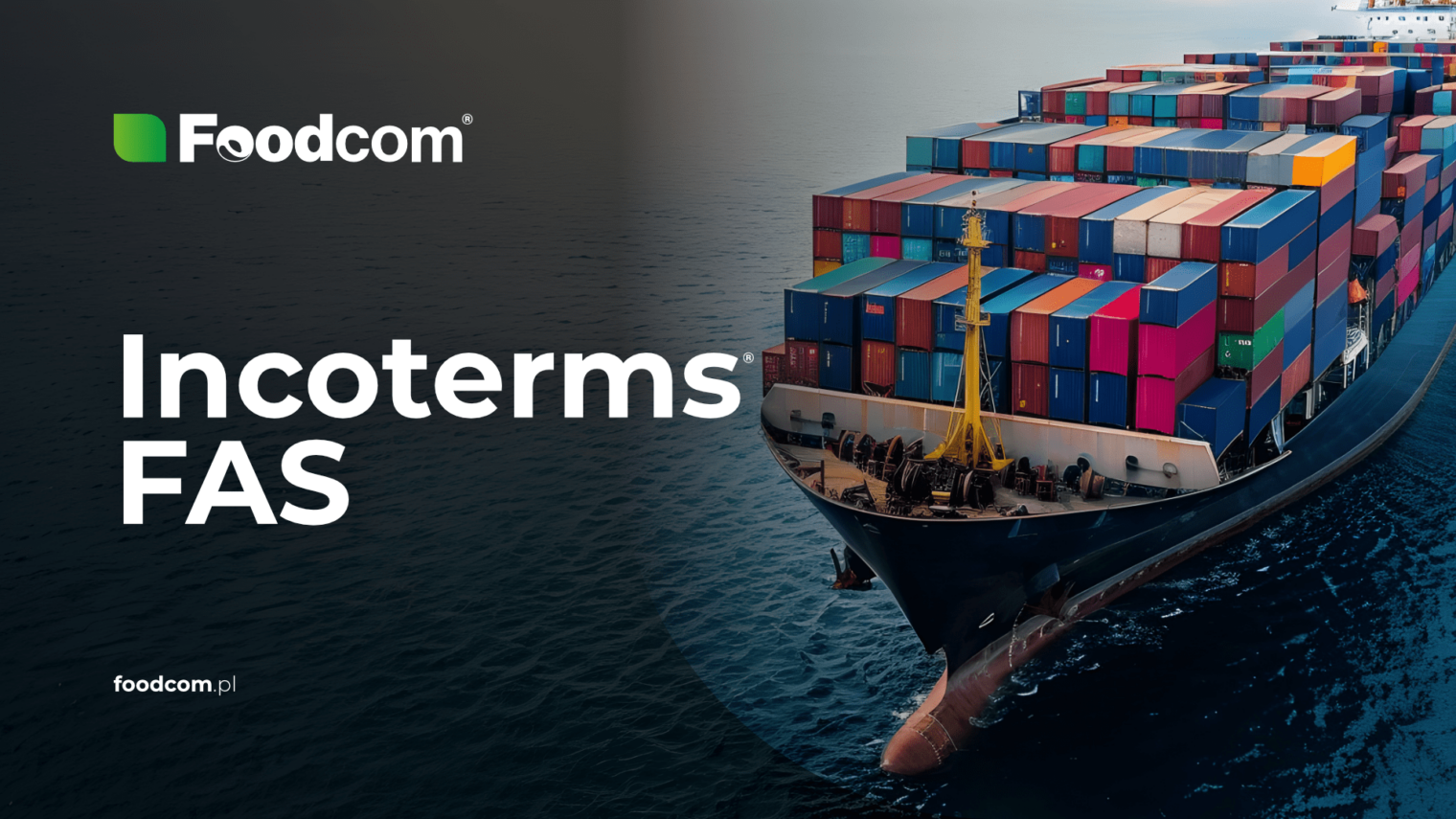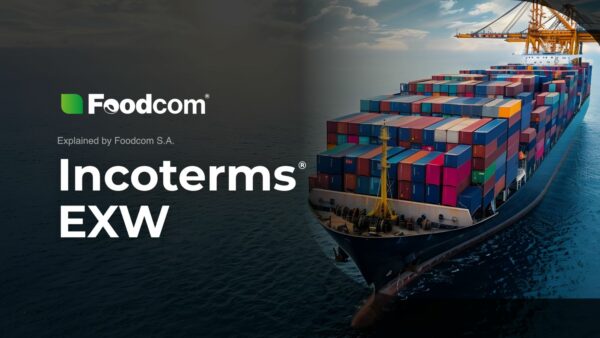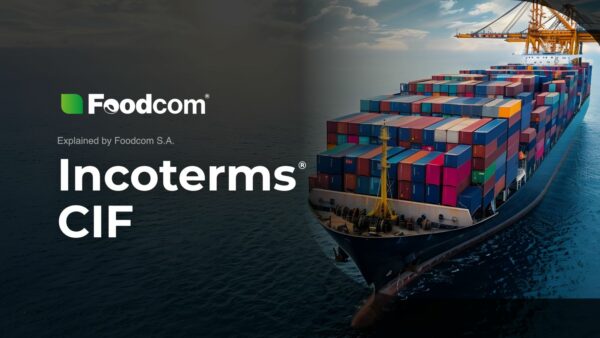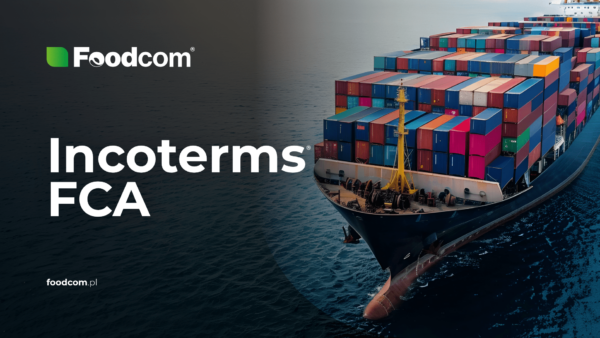- Incoterms® FAS (Free Alongside Ship) is an international trade rule in which the seller delivers the goods to the side of the ship at the port designated by the buyer.
- The seller bears the costs of exporting, delivering the goods to the port and inspecting them, while the buyer is responsible for transport, import formalities and insurance.
- The risk of the goods passes to the buyer when the goods are delivered to the ship’s side.
- The FAS rule is applied to sea and inland waterway transport and is recommended for buyers with logistics experience.
Among the standards and provisions governing international trade are the Incoterms® rules on the allocation of responsibilities and costs between sellers and buyers. One of these is the FAS rule.
What are the Incoterms® rules?
The Incoterms® rules are a set of international trade formulas covering the terms of sale for trade conducted worldwide. In addition to the responsibilities of the buyer and seller, they also include the type of transport agreed.
The first Incoterms® rules were published in 1936. Since then, the rules have been continuously updated and the current version was established in 2020 and contains 11 entries. The Incoterms® rules are divided into groups and apply to trade in tangible goods. They are optional rules that do not apply to companies and freight forwarders, but only to exporters and importers.
FAS Incoterms® – what does it mean?
FAS Incoterms® 2020 is a set of rules belonging to Group F. FAS is an acronym for Free Alongside Ship, which means that the rules in this set apply when the goods are delivered by the seller to a loading port designated by the buyer, where the cargo must then be placed alongside the ship.
FAS rule – terms of delivery
In FAS, there is no obligation to take out an insurance contract. Goods are delivered by the seller with a commercial invoice issued in accordance with the sales contract and proofs of compliance. These documents may be in paper or electronic form.
According to the FAS Incoterms® 2020 rules, delivery is complete when the exporter delivers them to the side of the ship designated by the buyer or a specified loading point at the port.
Allocation of costs
On the seller’s side are the costs related to:
- export formalities (including customs duties, export licences, taxes, security clearances for exports), obtaining other official and required authorisations,
- serving the importer with proof of delivery of the goods in accordance with the contract,
- shipment of the goods until they are delivered,
- covering inspection activities, including quality control, measuring, counting, weighing, checking quality or providing properly labelled packaging for the goods.
The buyer is responsible for costs relating to:
- transit and import formalities such as taxes, customs duties, import permits and obtaining any official documents related thereto, security clearance for importation,
- obtaining transport documents,
- conclusion of the transport contract,
- possible obligations arising from non-compliance with the contract.
Division of responsibilities
According to Incoterms® FAS , the seller is responsible for:
- fulfilling the contract and delivering the goods together with the commercial invoice and other documents,
- delivering the goods alongside the ship at the port indicated by the buyer and in accordance with the date stated,
- informing the buyer of the delivery of the goods and providing a document confirming this fact,
- providing assistance at the expense of the buyer in arranging importation and transit, proper packaging, securing and labelling of the products,
- to comply with all safety requirements until the cargo has been delivered to the buyer.
The buyer in the Incoterms® FAS rule is responsible for:
- concluding the contract of carriage at the specified port and, if the seller does so, bearing the risks and costs involved,
- assisting the seller, at the seller’s expense, in obtaining key documents for export,
- notifying the seller well in advance of the specific security requirements for transport, the point of loading, and information as to the name of the ship or the delivery date.
Time of transfer of risk
Risk passes from the seller to the buyer when the goods are delivered to the designated place, i.e. the side of the transport vessel chosen by the buyer.
Forms of transport
The FAS delivery terms apply to transport carried out by sea or inland waterway.
What should be kept in mind when choosing Incoterms® FAS?
The Incoterms® 2020 FAS is a good choice for buyers with experience and logistical skills and the ability to manage loading onto a vessel. It is also important to consider the aspect of assuming risk and bearing costs from the moment the seller delivers the cargo to the ship’s side.
FAS versus other rules
When the handover of specific goods to the carrier takes place before the goods are placed on board the vessel, it is preferable to use the Incoterms® FCA rule instead of FAS. This will then be more favourable in terms of the risk between exporter and importer as well as the costs incurred.
Trading with Foodcom S.A.
The Incoterms® FAS terms and conditions may seem quite complicated. However, the assistance of specialists from Foodcom S.A. can make organising transport much easier. We will also select the most favourable Incoterms® rules for our Business Partners, so that the process runs smoothly and without problems.










